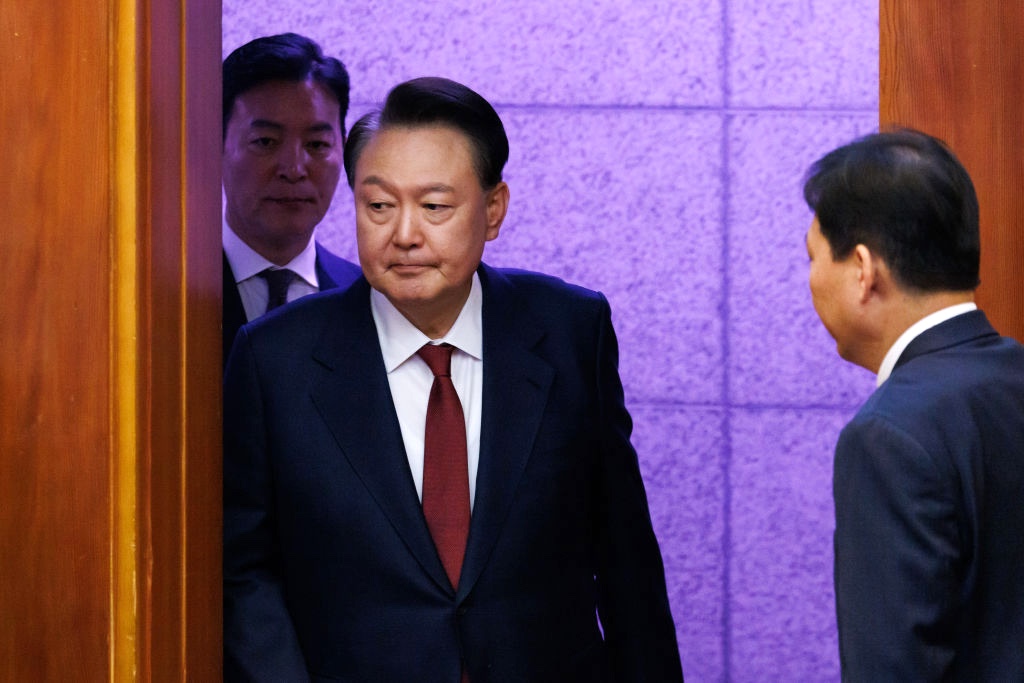After more than seven weeks of deliberations, South Korea’s Constitutional Court has finally upheld the impeachment of President Yoon Suk-yeol, who attempted to subvert the constitutional order with a botched bid for martial law in December. However, the unanimous verdict from eight judges laid bare a country increasingly fractured by social and political tensions.
“Since the unconstitutional and illegal acts of the defendant [Yoon] have had a significantly negative ripple effect on the constitutional order,” the verdict from April 4 reads, “the benefit of protecting the constitution by removing the defendant overwhelmingly outweighs the national loss that comes with the removal of a president.” South Korea is now due to hold a snap presidential election to choose Yoon’s successor on June 3.
The verdict elated the majority of South Koreans, who braved a freezing winter to daily protest Yoon’s attempt to dismantle the very democracy that had elected him to the country’s highest office. The thirty-eight days leading to the highest court’s decision also exposed the fragility of South Korea’s democracy — and the ruling elite’s unabashed contempt for it — in spite of the resilience of its people.
The case against a coup organizer should have not been this time-consuming or complex. However, Yoon, together with his legal team and the ruling conversative People Power Party (PPP), delayed and obstructed the proceedings at every turn. The first attempt saw no progress. In December, the National Assembly had to vote twice on the…
Auteur: Kap Seol

